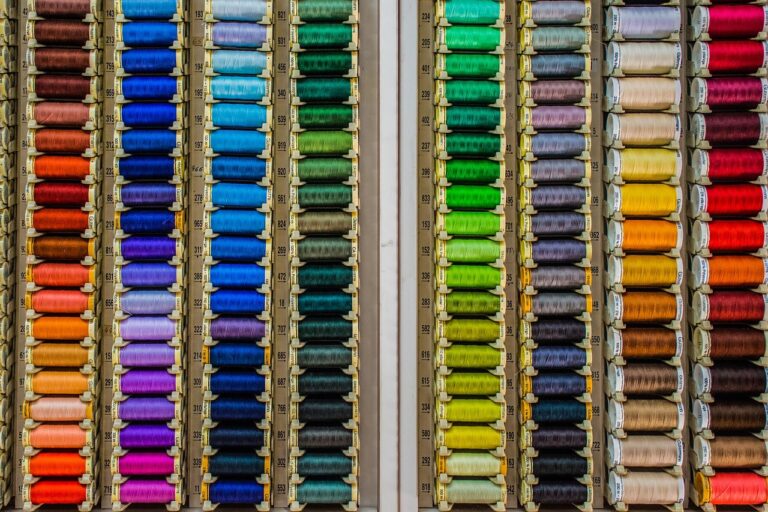The Role of Synthetic Biology in Electronics Recycling Processes
betbhai.com, cricbet99, diamond exchange 9:The Role of Synthetic Biology in Electronics Recycling Processes
In recent years, the amount of electronic waste generated globally has surged. With the rapid pace of technological advancements, electronic devices are becoming obsolete at an alarming rate, leading to a significant environmental problem. As a result, there is an urgent need for innovative solutions to manage and recycle electronic waste sustainably. This is where synthetic biology comes into play.
What is Synthetic Biology?
Synthetic biology is a multidisciplinary field that combines principles from biology, engineering, and computer science to design and construct new biological parts, devices, and systems. By harnessing the power of genetic engineering and molecular biology techniques, synthetic biologists can create biological systems with specific functions. This technology has the potential to revolutionize various industries, including electronics recycling.
The Potential of Synthetic Biology in Electronics Recycling
Synthetic biology offers a promising solution to the challenges posed by electronic waste recycling. By leveraging the capabilities of microorganisms, such as bacteria and yeast, synthetic biologists can develop novel biotechnological processes for breaking down and recycling electronic components. This approach, known as bioleaching, involves using enzymes produced by microorganisms to extract valuable metals from electronic waste.
Furthermore, synthetic biology can enable the creation of genetically engineered microorganisms that are optimized for specific tasks in the recycling process. For example, researchers have engineered bacteria that can degrade plastics more efficiently, paving the way for a more sustainable recycling of electronic devices. By harnessing the power of synthetic biology, we can develop eco-friendly and cost-effective methods for recycling electronic waste.
The Role of Synthetic Biology in Enhancing Recycling Efficiency
One of the key benefits of incorporating synthetic biology into electronics recycling processes is the potential for enhanced efficiency. Traditional recycling methods are often energy-intensive and produce harmful byproducts. Synthetic biology offers a cleaner and more sustainable alternative by using biological systems to break down electronic waste into its constituent materials.
Through genetic engineering, researchers can design microorganisms that are tailored to degrade specific components of electronic devices, such as metals, plastics, and glass. This targeted approach allows for a more efficient and resource-effective recycling process, reducing the amount of waste generated and minimizing the environmental impact of electronic waste disposal.
The Future of Electronics Recycling with Synthetic Biology
As we continue to grapple with the escalating problem of electronic waste, the role of synthetic biology in recycling processes will become increasingly crucial. By harnessing the power of genetic engineering and molecular biology, we can develop innovative solutions to manage electronic waste sustainably and responsibly. The integration of synthetic biology into electronics recycling holds immense potential for creating a more circular economy and reducing the environmental footprint of electronic devices.
In conclusion, synthetic biology offers a promising avenue for revolutionizing electronics recycling processes. By leveraging the capabilities of biological systems, we can develop efficient and sustainable methods for managing electronic waste. With continued research and innovation in this field, we can pave the way for a more environmentally friendly approach to electronics recycling.
FAQs
1. What is bioleaching, and how does it apply to electronics recycling?
Bioleaching is a process that uses microorganisms to extract metals from ores and electronic waste. By harnessing the power of enzymes produced by these microorganisms, bioleaching can facilitate the recycling of valuable metals from electronic devices.
2. How does synthetic biology enhance recycling efficiency?
Synthetic biology enables the design of genetically engineered microorganisms that are optimized for specific tasks in the recycling process. By targeting specific components of electronic waste, synthetic biology can enhance the efficiency and sustainability of recycling processes.
3. What are some potential applications of synthetic biology in electronics recycling?
Some potential applications of synthetic biology in electronics recycling include the development of bacteria that can degrade plastics more efficiently, the extraction of valuable metals from electronic waste using bioleaching, and the creation of biological systems for breaking down electronic components into their constituent materials.







